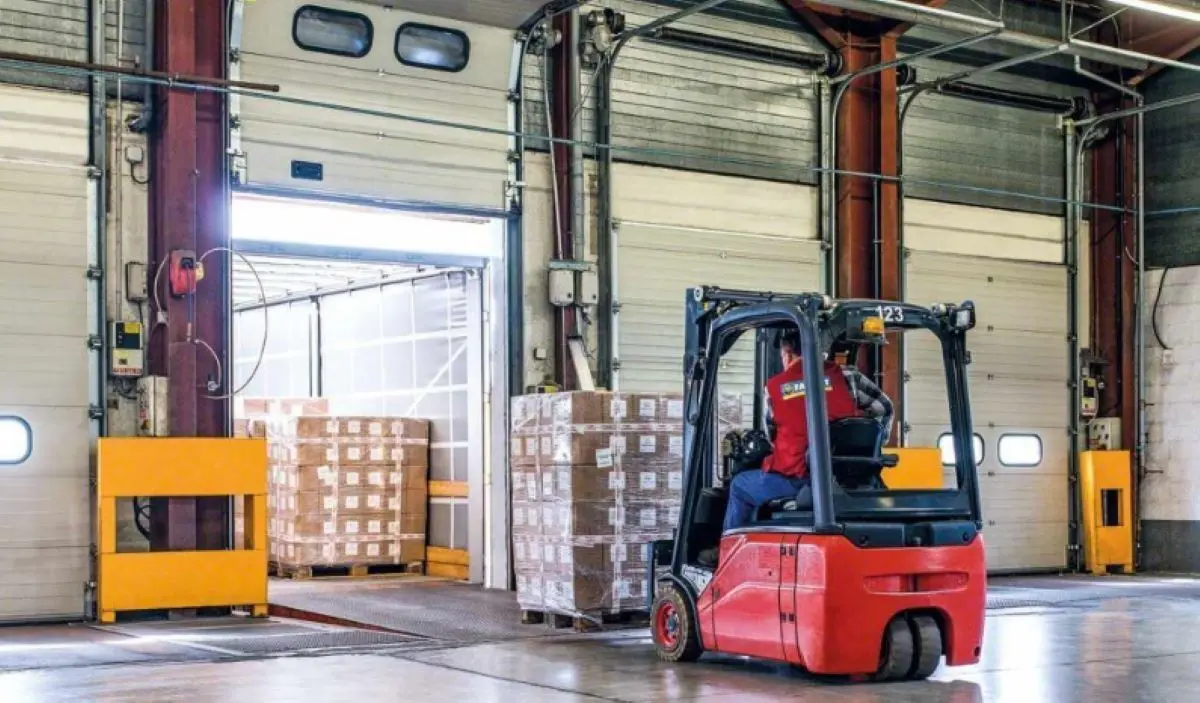Meniace sa prostredie dopravných operátorov
Svet logistiky nemožno preceňovať; zmeny v jej rámci môžu zmeniť priemyselné odvetvia a zasiahnuť do každodenného života ľudí. Tento prieskum poukazuje na vývoj logistických operátorov v priebehu desaťročí, zachytáva zmeny v odvetví a ich význam v rámci dopravného sektora.
Historický kontext
Koncom 90. rokov 20. storočia a počas celého roku 2000 dochádzalo v sektore cestnej nákladnej dopravy k zásadnej zmene. Táto zmena prekvapivo často zostávala nepovšimnutá, a to najmä preto, že štrukturálne prvky podnikateľského prostredia zostali do značnej miery nedotknuté. Základ tohto odvetvia tvorilo nespočetné množstvo malých podnikov, stredných podnikov a množstvo nezávislých prevádzkovateľov, čím vznikla oblasť, ktorá bola nielen zraniteľná, ale aj vysoko konkurenčná - najmä v Španielsku a v celej Európe.
Malé podniky a ich úloha
Tieto malé a stredné podniky sa prispôsobili tomuto prostrediu a vytvorili tak živnú pôdu pre rast stredných a veľkých logistických firiem schopných realizovať významné investície. Tieto subjekty majú jedinečnú možnosť absorbovať počiatočné straty a zároveň budovať svoju logistickú výkonnosť. Táto vlastnosť viedla k prudkému nárastu logistických operátorov, čím sa pomaly mení zmluvné prostredie pre mnohých nezávislých dodávateľov a malé podniky. V súčasnosti viac ako 80% sektora tvoria malé podniky a mikropodniky, čo odhaľuje silu aj krehkosť tohto odvetvia.
Vzostup logistických operátorov
S vývojom trhu začali na scéne dominovať logistickí operátori, ktorí zaviedli stratégie zdôrazňujúce efektívnosť a nákladovú účinnosť logistiky. Tento prechod k spoliehaniu sa na poskytovateľov logistických služieb tretích strán (3PL) rozšíril vlnu subdodávok, keďže výrobcovia a veľkí distribútori čoraz viac odbremeňujú svoje skladové a dopravné prevádzky.
Výhody subdodávok
- Efektívnosť nákladov: Spoločnosti môžu znížiť režijné náklady spojené s logistikou prepravy.
- Riadenie zdrojov: Prostredníctvom subdodávok sa podniky môžu sústrediť na svoje hlavné kompetencie a logistiku zveriť odborníkom.
- Zvýšená flexibilita: Keď sa požiadavky trhu zmenia, podniky sa môžu rýchlo prispôsobiť bez zaťaženia trvalými nákladmi.
Pochopenie logistického operátora
Logistický operátor v podstate pôsobí ako sprostredkovateľ alebo maklér medzi výrobcami a prepravnými firmami. Hoci títo prevádzkovatelia nemusia vlastniť vozidlá, často riadia trasy, tarify a logistické stratégie s citom pre detail. To vedie k situácii, keď vodiči a menšie dopravné firmy nesú značku týchto prevádzkovateľov a fungujú podľa ich podmienok. Tento rámec má dvojaký charakter - pre zúčastnených dopravcov prináša príležitosti aj výzvy.
Výhody a nevýhody logistického systému
Diskusie o výhodách tohto prístupu pokračujú. Niektoré dopravné podniky oceňujú zjednodušený proces, ktorý znižuje stres tým, že majú k dispozícii jeden hlavný subjekt. Iné ho kritizujú a tvrdia, že osobnejšie rokovania s výrobcami by lepšie vyhovovali ich špecifickým potrebám.
Dynamika trhu
Nedávne údaje zdôrazňujú dynamiku logistického trhu. Predpokladá sa, že v roku 2024 dosiahnu logistické subjekty v Španielsku príjmy vo výške približne 6,8 miliardy EUR, čo predstavuje skok o 5,4% v porovnaní s predchádzajúcim rokom. Významná časť tohto rastu vyplýva zo skladovania a súvisiacich služieb, ktoré by sa mali zvýšiť o 6,3% a dosiahnuť 3,4 miliardy EUR. Súčasne rastú aj prepravné a distribučné služby, čo naznačuje prosperujúci sektor plný príležitostí.
Koncentrácia trhovej sily
Okrem toho sa na tomto rozvíjajúcom sa trhu objavuje pozorovateľný trend: rastúca koncentrácia medzi vedúcimi firmami. Očakáva sa, že päť najväčších logistických operátorov získa 41% trhového podielu, pričom desať najväčších firiem získa 59%. To predstavuje náročný scenár pre menšie firmy, ale zároveň to naznačuje posun smerom k integrovanejším logistickým riešeniam, ktoré dokážu využiť úspory z rozsahu.
Budúcnosť logistiky
Keďže sa logistické prostredie naďalej mení, zainteresované strany by mali zostať stále ostražité. Existencia tisícov nezávislých prevádzkovateľov a malých a stredných podnikov predstavuje pre oblasť logistiky obrovskú zásobáreň potenciálu a prispôsobivosti. Táto rastúca konkurencia je hnacou silou inovácií a efektívnosti, z čoho profitujú celkové dopravné riešenia.
Záver
Vývoj logistických operátorov ukazuje, že ide o odvetvie, ktoré sa neustále prispôsobuje novým skutočnostiam a zároveň zostáva zakorenené vo svojich tradičných rámcoch. Napriek výrazným zmenám malé a stredné podniky naďalej zohrávajú kľúčovú úlohu v logistike a doprave. Pre tých, ktorí sa pohybujú v tomto zložitom prostredí, GetTransport.com ponúka jedinečné riešenia, od cenovo dostupnej nákladnej dopravy až po spoľahlivé doručenie veľkých a objemných tovarov. Zjednodušením logistických procesov a poskytovaním transparentných cien umožňuje GetTransport.com používateľom prijímať informované rozhodnutia bez toho, aby to spôsobilo úpadok banky. Preskúmajte rozmanité možnosti, ktoré sú dnes k dispozícii prostredníctvom vášho dôveryhodného partnera v oblasti logistiky.
Hoci recenzie môžu poskytnúť užitočné informácie, osobné skúsenosti napokon formujú realitu logistiky. GetTransport.com je pripravený pomôcť pri globálnej preprave nákladu za konkurencieschopné ceny a zabezpečiť dostupnosť a pohodlie pre všetky vaše logistické potreby. Nenechajte si ujsť príležitosť zefektívniť svoje prepravné procesy-Rezervujte si jazdu na GetTransport.com!

 Pochopenie vplyvu logistických operátorov v odvetví dopravy">
Pochopenie vplyvu logistických operátorov v odvetví dopravy">